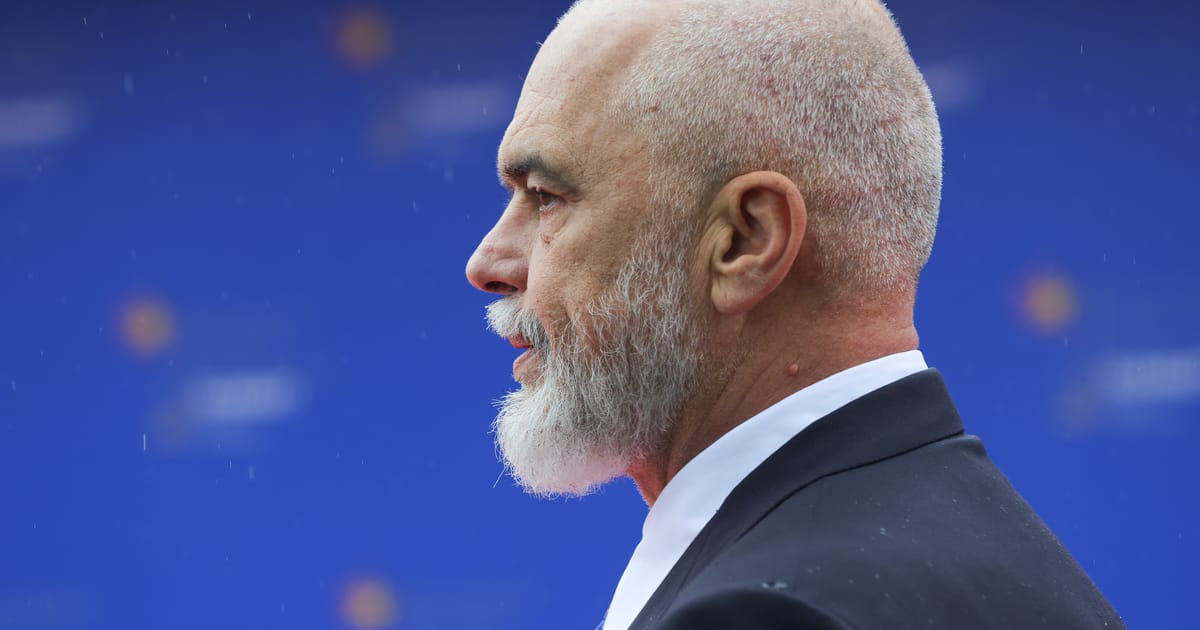

In the spirit of innovation and peace, distinct initiatives are unfolding across the globe, each aspiring to foster progress in unique ways. Aiming to redefine economic transactions and improve societal trust, Albania’s leadership is ambitiously exploring the path towards becoming the world’s first cashless society by the year 2030. Meanwhile, on the Korean peninsula, efforts are underway to mellow historical tensions through strategic diplomacy.
In Albania, the push towards a cashless economy represents a significant step into the future, championed by the country’s leader, Edi Rama. The vision is not merely an economic overhaul but a societal transformation fostering increased transparency, reducing financial crime, and propelling the nation into a digital age. The aspiration to eliminate cash hinges on building citizens’ trust in banking systems, a trust that has weathered skepticism due to historical and economic factors. The goal is bold and faces challenges; however, if achieved, it promises a streamlined economy with benefits felt across all levels of society.
This transformative endeavor seeks not only the technical transition from currency to digital transactions but also an ideological shift. Embracing digital financial tools could increase security and foster economic growth. Yet, the interplay of tradition and innovation remains crucial, as policies must consider the population’s readiness and the technological infrastructure required for this ambitious leap.
While Albania navigates economic innovation, in Asia, a different kind of progress is aimed at nurturing peace and stability. South Korea, under the leadership of President Lee Jae Myung, is initiating steps to ease inter-Korean tensions, beginning with the removal of loudspeakers that historically projected propaganda along the border with North Korea. This development marks a departure from past practices, reflecting a shift towards meaningful dialogue without compromising defensive readiness.
The dismantling of these loudspeakers signifies a thoughtful approach to diplomacy, where symbolic actions pave the way for substantial talks. It is a gesture of goodwill, resonating hope for a peaceful co-existence between the two Koreas while maintaining vigilance. The initiative underscores a broader strategy to revive communication channels that have been dormant under previous administrations. Such efforts underscore a pragmatic recognition that long-standing regional stability requires a blend of dialogue and deterrence.
Both efforts illustrate a world in motion, where nations grapple with distinct paths to betterment. Albania’s quest for a cashless society and South Korea’s commitment to reducing tensions exemplify how leadership, vision, and strategic action can converge in creating environments conducive to progress and peace. These initiatives, while diverse in their goals and contexts, are united by the common thread of advancing human potential and fostering harmonious development. As these stories unfold, they offer a soothing reminder of our shared ability to envision and enact transformative change.
Source: {link}
